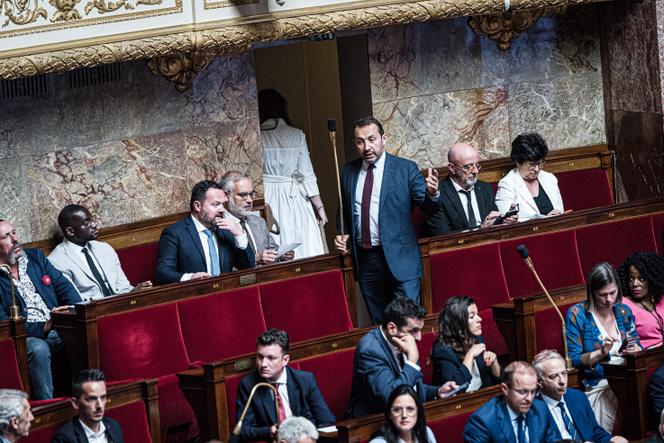


The number of women in France's Assemblée Nationale has fallen, once again. With 208 women were elected in the July parliamentary elections, i.e. 36% of MPs. There were 215 women MPs in 2022, and 224 in 2017. This decrease is a curiosity compared to parliaments in other countries, where the membership is increasingly made up of women.
The parties have justified this with the "urgency" of a lightning election campaign. It's hard to find as many women as men "with nominations to be decided in 48 hours," explained Kévin Pfeffer, the treasurer of the far-right Rassemblement National (RN) party.
"When an election is perceived to have very high stakes, parties tend to nominate fewer women candidates, with the exception of those that have been committed to gender parity since their creation, such as the Greens," said Réjane Sénac, research director at the National Centre for Scientific Research (CNRS) and author of a book on the subject. Political parties more often choose to reappoint outgoing MPs. Women are also less represented on party nomination committees. As a result, a male-dominated environment can develop, with men appointing other men.
France has long been an underachiever when it comes to gender parity. Women only gained the right to vote in 1944. They all but disappeared from the Assemblée Nationale during General de Gaulle's terms in office. The "parity" laws of the 2000s have helped to improve the situation, for example by introducing deductions to public subsidies for parties that nominated too few women candidates for parliamentary elections.
There is still a "virilist" imaginary of power, according to Sandrine Lévêque, professor of political science at the University of Lille and author, with Catherine Achin, of Femmes en Politique ("Women in Politics"). "The role of MP was imagined under the Third Republic, at a time when women were excluded." Qualities seen as masculine are valued: "Technical competence, speaking loudly, imposing oneself." Emmanuel Macron, President of the French Republic, has embraced this imaginary, with his photos taken at the gym and his very male entourage of advisors.
There is, however, a marked difference between the parties. La France Insoumise (radical left) chose candidates on a strictly gender-balanced basis at the July parliamentary elections; whereas Les Républicains (right) nominated only 32.8% women, and controversial right-wing leader Eric Ciotti's movement just 17.5%. The presidential coalition nominated 6.3% fewer women for the 2024 parliamentary elections than for those in 2017.
You have 55.94% of this article left to read. The rest is for subscribers only.
